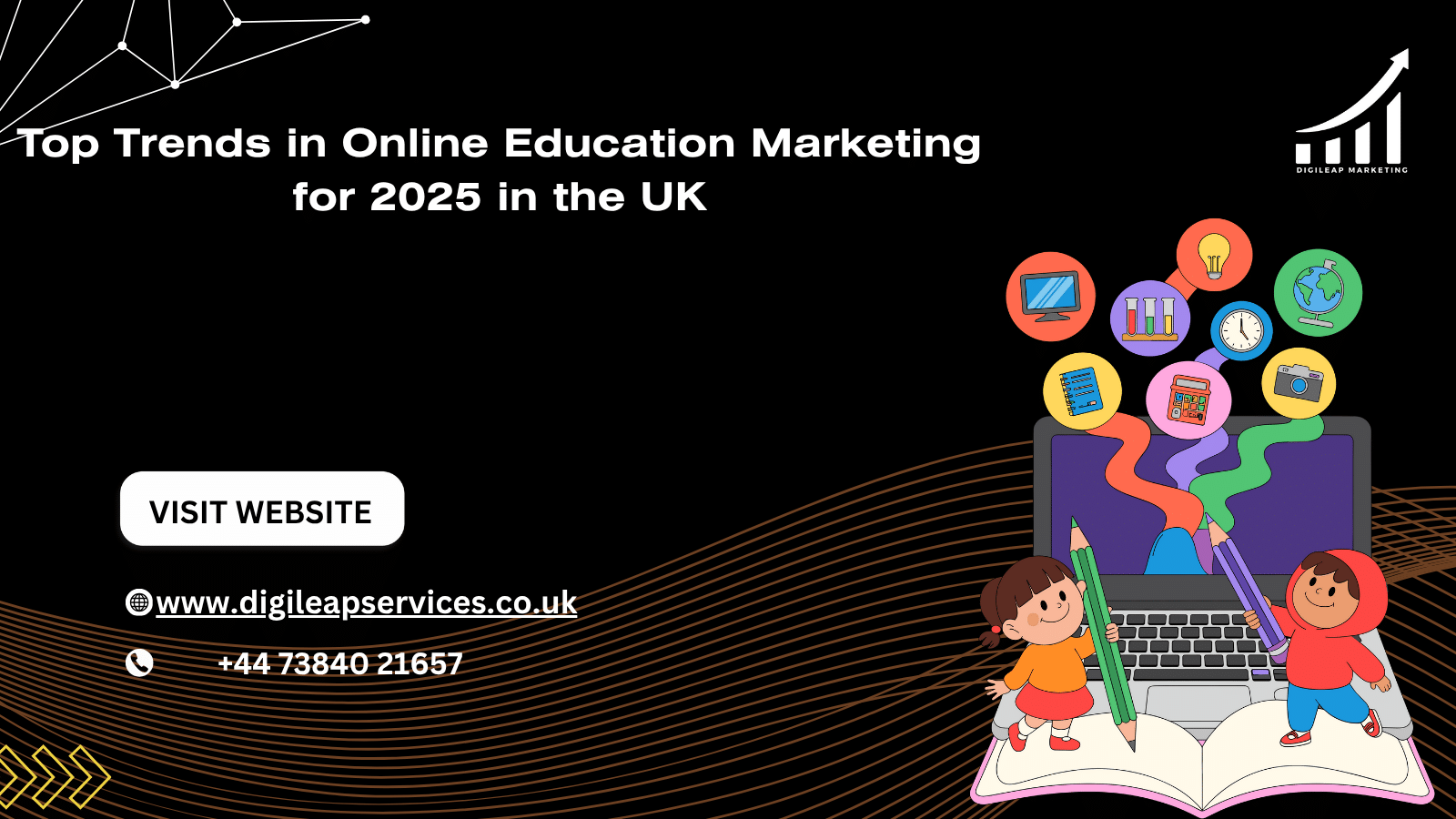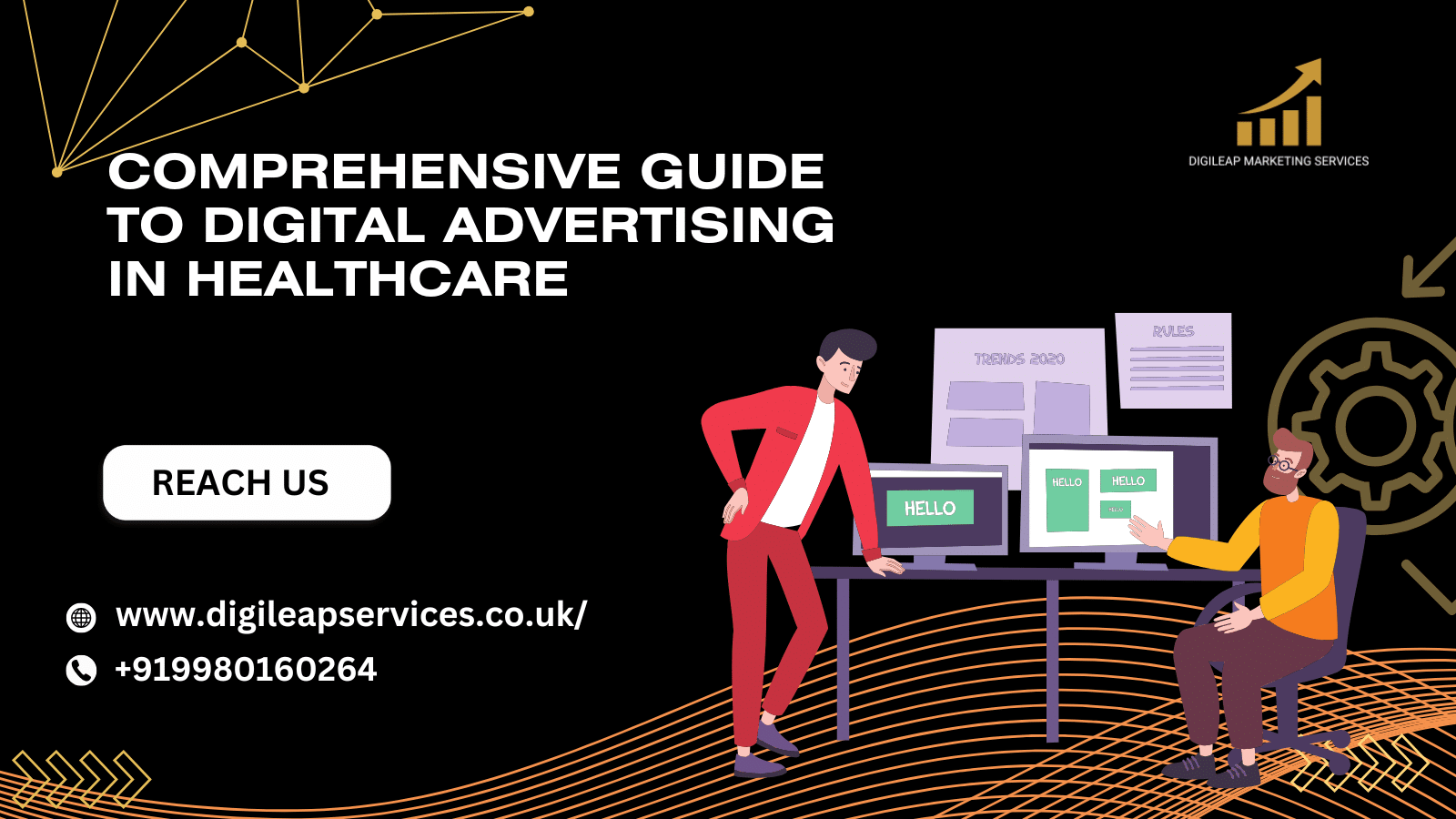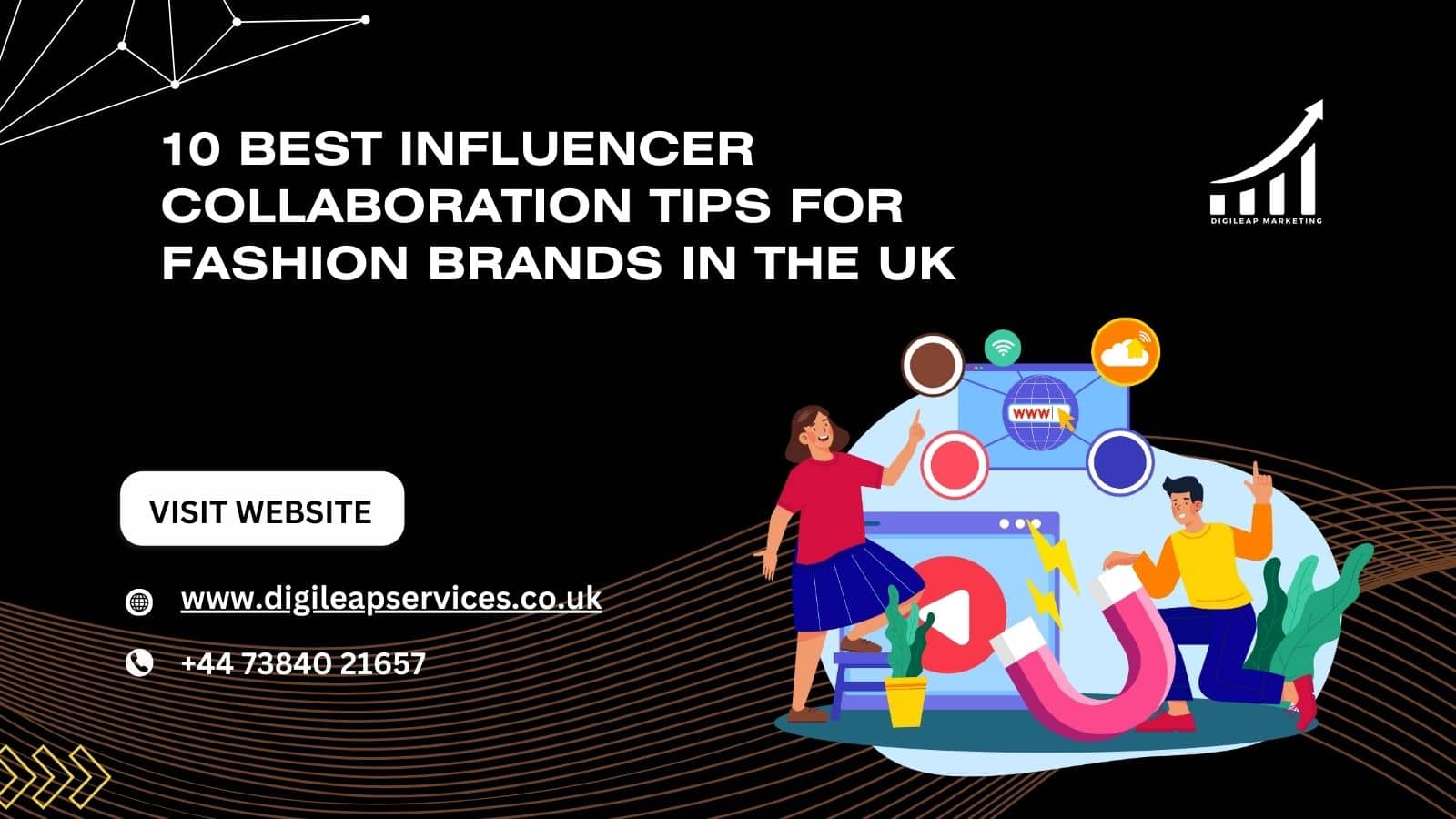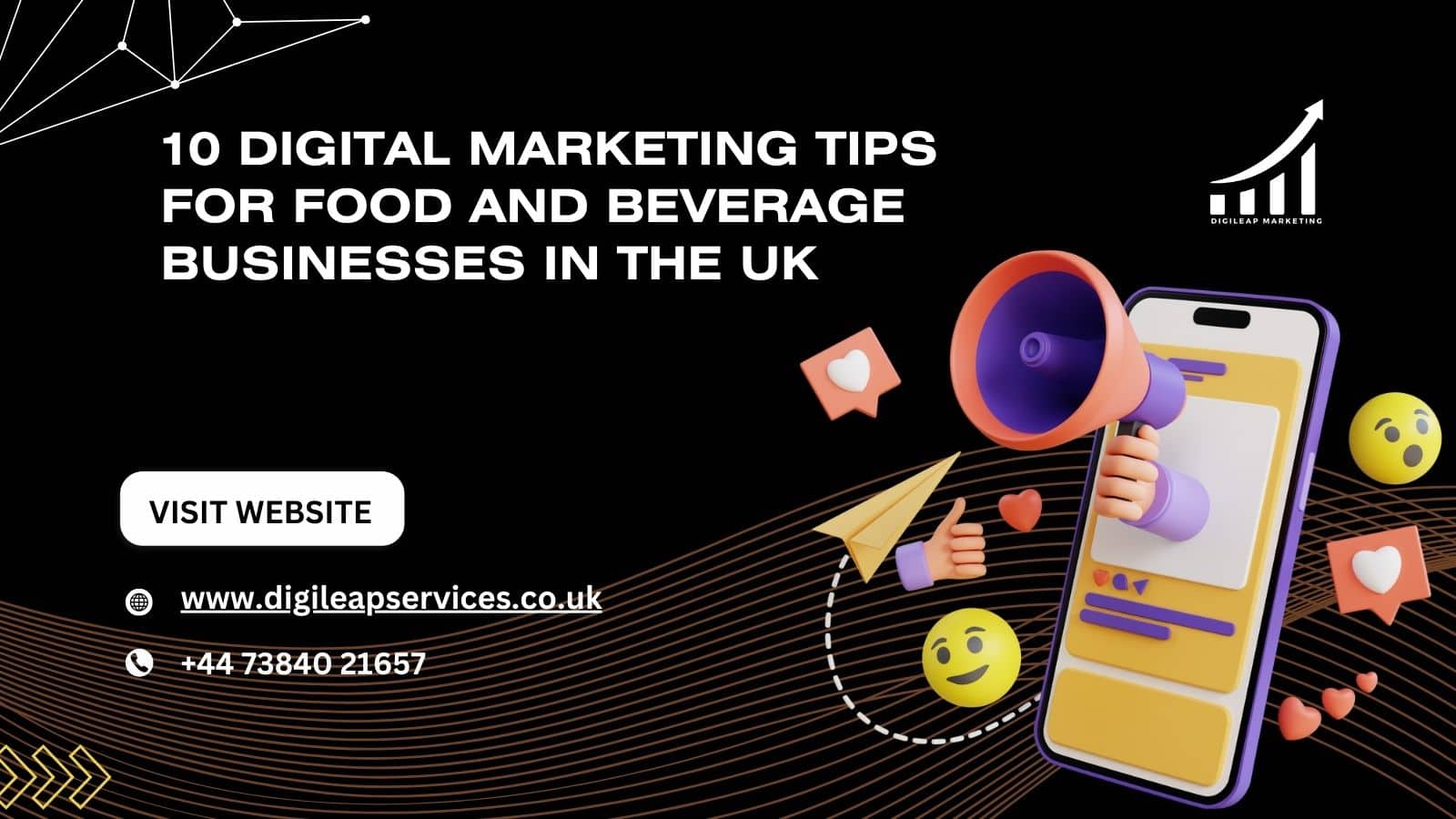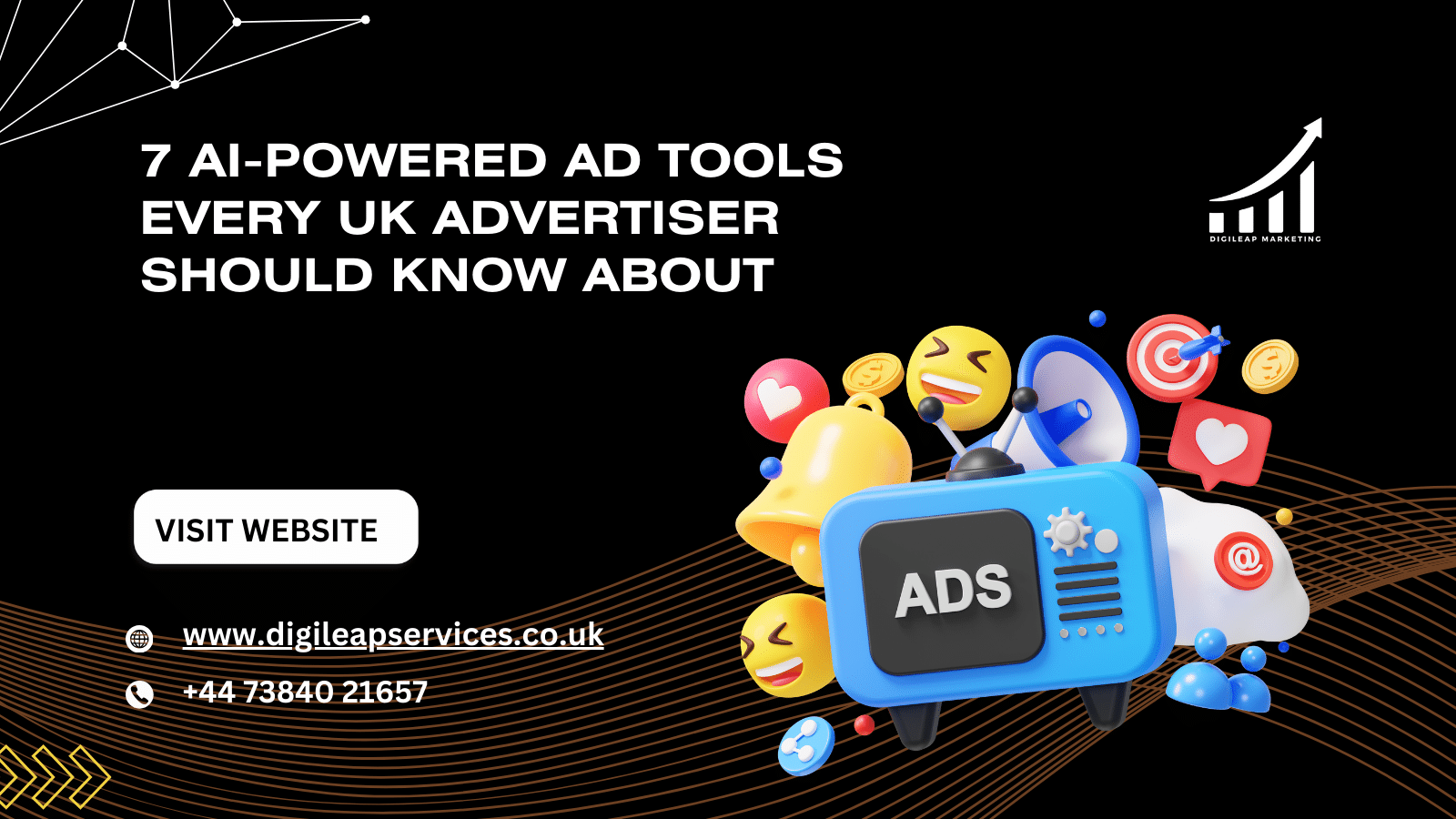Top Trends in Online Education Marketing for 2025 in the UK
Introduction
Let’s face it—the education world has changed forever. What used to be about filling classrooms is now about filling screens. The UK’s online learning industry is booming, and so is the competition. Everyone’s fighting for attention—from small training institutes to global e-learning giants.
So, how do you stand out?
The answer lies in keeping up with the latest online education marketing trends. In 2025, it’s not just about promoting a course; it’s about building trust, creating value, and staying personal. Let’s explore what’s shaping the way online education brands connect with learners across the UK.
1. Personalised Learning Is the Heart of Online Education Marketing
Today’s learners don’t want one-size-fits-all. They expect personal attention — even from a screen. And this is exactly where personalisation steps in.
Instead of blasting the same email to thousands, smart educators are sending tailored messages. A learner interested in graphic design might receive a short quiz, while someone exploring coding could get a free mini-lesson. It feels friendly, not salesy.
Besides, data makes this easier. Platforms can now track interests, learning pace, and goals. Using that insight, marketing teams can recommend the right course at the right time. That’s the secret to turning a casual visitor into a paying student.
2. Mobile-First & On-the-Go Experiences in Online Education Marketing
Here’s a quick truth: most UK learners scroll, search, and study on their phones. So, if your marketing isn’t mobile-friendly, you’re missing half the audience.
Think about it—when people are on the train or grabbing a coffee, they’re browsing short videos or course snippets. If your ad or landing page doesn’t load fast, they’ll move on in seconds.
That’s why every 2025 campaign must be mobile-first. Keep your text clear, your sign-up form short, and your visuals vertical. Remember, the smaller the screen, the faster the decision.
3. Use of AI & Data Analytics in Online Education Marketing
Artificial Intelligence isn’t science fiction anymore — it’s smart marketing in real time. UK educators are using AI tools to study what works and what doesn’t.
According to a recent Statista report on UK e-learning growth, the online education market is projected to grow steadily through 2025 as more institutions adopt AI-driven tools.
Let’s say your ad campaign shows that people aged 25–35 click more on career-based courses. You can instantly tweak your ad copy, focus budget there, and double conversions. AI does the heavy lifting — from predicting enrolments to sending timely reminders.
Also, chatbots are doing wonders. They answer basic course questions 24/7, keeping leads warm until a real person steps in. That’s more engagement, less waiting.
Simply put, AI makes marketing sharper, faster, and more relevant than ever.
4. Storytelling Wins Over Hard Selling in Online Education Marketing
People don’t buy courses; they buy what those courses do for them. That’s why storytelling is becoming the soul of online education marketing in 2025.
Instead of shouting “Buy now!”, smart brands share real student journeys — a mum who learned digital marketing after maternity break, or a 50-year-old who upskilled to start a side hustle. These stories connect emotionally and build trust.
Blogs, podcasts, short reels, and webinars work great here. They help your audience see the human side of your brand. And yes, SEO still matters. The more helpful your content is, the better your organic reach.
5. Rise of Micro-Credentials and Short Skill Courses
Gone are the days when learners signed up for long, expensive diplomas. Now, it’s all about micro-learning — short, skill-based modules that deliver fast results.
Why? Because people want immediate rewards. They want to learn a skill this month and use it next month at work.
For marketers, this means shifting focus from “course length” to “skill outcome.” Phrases like “Master Excel in 4 Weeks” or “Boost Your Career with Quick Marketing Skills” attract far more attention.
Even UK employers are now recognising micro-credentials, making this trend too big to ignore.
6. Building Community Around Learning
Online doesn’t mean isolated anymore. Learners now crave connection — they want to talk, ask, and share ideas.
That’s why the best marketing today promotes community as a feature. Highlight live Q&As, peer discussions, or alumni meetups. When learners see that your course includes interaction, it feels supportive, not lonely.
User-generated content also helps — reviews, testimonials, or short clips from happy learners. Nothing sells better than genuine feedback from real people.
7. Multi-Channel Presence Is a Must
In 2025, being on one platform isn’t enough. Your learners might discover you on TikTok, research you on Google, and finally enrol through your website. That’s why you need a consistent voice across all channels.
Social media, email, webinars, podcasts, and even in-person events — each plays a role. A short reel can create curiosity, while a detailed blog can seal the deal.
And don’t forget influencers. Collaboration with education bloggers or UK-based career coaches adds instant credibility. People trust faces they already follow.
8. Ethics, Inclusion, and Accessibility Take Centre Stage
The UK audience is becoming more conscious about how brands behave.They notice if your content is inclusive or if your site is accessible to all users.
So, honesty and empathy must be part of your marketing. Don’t oversell outcomes or make unrealistic promises. Instead, focus on the value you truly deliver.
Also, make sure your courses are inclusive—with captions, flexible schedules, and diverse representation in visuals. When learners see themselves reflected, they connect faster.
Ethical marketing doesn’t just look good; it builds long-term trust.
9. Video Continues to Dominate
Here’s the deal—video content rules 2025. From 15-second course teasers to full webinars, video is what drives clicks and enrollments.
People prefer watching to reading. A quick video explaining “How our course works” can outperform a long email. Bonus tip: add subtitles and short storytelling hooks to keep it engaging.
Platforms like YouTube, LinkedIn, and Instagram Reels are perfect spots to showcase snippets of your lessons or testimonials.
10. Sustainability and Purpose-Driven Branding
Finally, learners today care about values. They’re drawn to brands that stand for something — maybe equal education access, eco-friendly operations, or scholarships for underprivileged students.
So, tell your story honestly. Show what you believe in, not just what you sell. Purpose-driven marketing humanises your brand and gives people a reason to choose you over others.
Conclusion
As we move through 2025, online education marketing in the UK is evolving fast. Personalisation, AI, storytelling, short courses, community, and ethics are shaping a new era where connection matters more than clicks.
So, if you’re promoting online courses, start thinking like your learners. Be relatable. Be transparent. Show real results. Because when marketing feels human, learning feels closer too.
At Digileap Services UK, we believe the future of digital education is not just online — it’s personal, meaningful, and built around people.
TL;DR:
In 2025, UK’s online education marketing focuses on personalisation, AI, micro-learning, community, and ethical storytelling. Keep it mobile-first, use real learner stories, and build trust — that’s how you’ll stay ahead.
